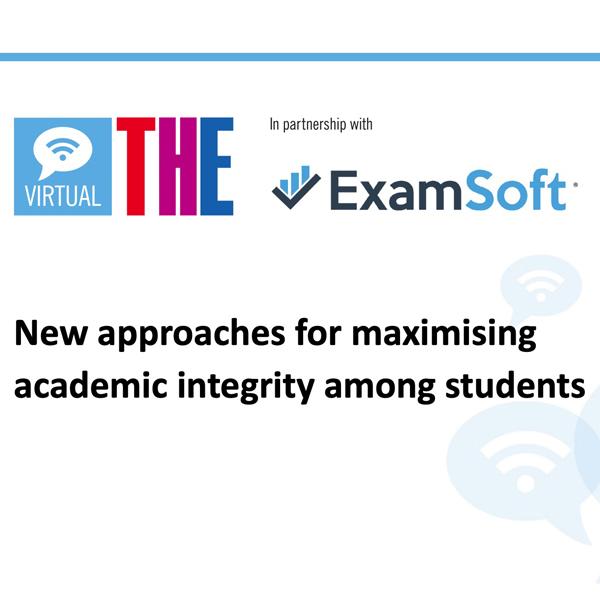It has become common for students to use AI to complete their assessments, but this doesn’t mean universities should avoid AI tools completely. “I look at AI as an autopilot,” said Jack Brazel, area director for South-east Asia at Turnitin, delivering a keynote at the 2024 THE Digital Universities Asia event. “The pilot is setting the direction and location but the autopilot is doing most of the work. We hope that the pilot is there, adding value and doing productive tasks.”
Brazel was optimistic that AI would deliver higher productivity, better-paid jobs and economic growth. He spoke about how educators and students can learn to navigate AI writing with confidence. “It will bring significant improvements in education. AI has the potential to reinvent tutoring because it will know exactly what you need to learn, understand how you learn and keep you engaged better than any human tutor,” he explained. “Over time, it will become even more low-cost, making higher quality education accessible for all.”
Brazel acknowledged the concerns that many academics have since generative AI has rapidly increased in use: “There is a threat to academic integrity because students have the opportunity to use AI to write essays and gain an unfair advantage from these tools. But at the same time, employers will still expect them to be proficient in AI.”
Brazel emphasised that writing skills would still be in high demand in the future and students would need to build their critical thinking skills. “We need to let students become strong communicators through a spectrum of policies and guidelines on proper AI usage,” he said. For example, students might use AI for brainstorming or research but write the papers themselves. In other cases, AI might be allowed to assist with writing, provided its use is properly cited, he explained. It’s also important to acknowledge that threats to academic integrity are not new. Universities have been dealing with issues such as plagiarism, collusion and cheating for years and are experienced in dealing with these challenges.
Turnitin’s tools have already processed millions of AI writing submissions, Brazel said. This growing body of data on how students are using AI will help educators identify AI-generated text more easily and dive deeper into how and why this is happening. “Instructors don’t want to falsely accuse students of academic misconduct. They want more data and more equity so that if they do have that conversation, there is a data process they can follow,” he said. Although traditional methods of plagiarism remain a threat to academic integrity, they are easier to identify and address. However, AI adds new layers of complexity to assessment, increasing the need for advanced detection tools and comprehensive policies.
Brazel pointed to the interactive AI writing resources that Turnitin offers to help educators assuage their concerns and navigate this new landscape. “We’re committed to making sure everyone can use technology to advance learning while still maintaining academic integrity,” he concluded.
The speaker:
• Jack Brazel, area director for South-east Asia, Turnitin
Find out more about Turnitin.


comment